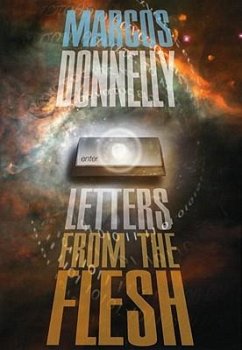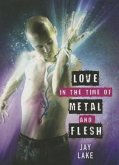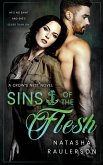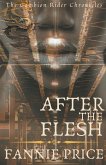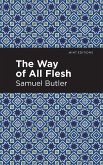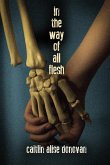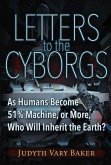Letters from the Flesh, the second book by new SF novelist Marcos Donnelly, sets a breathtaking pace, tackling far-reaching themes like evolution, fundamentalism, quantum realities, and the very core of human nature. The novel is a fictional collection of two sets of letters united by a single secret, but separated by two thousand years: - the first-century epistles of a non-physical alien entrapped in the body of St. Paul the Apostle, accidentally triggering the birth of Christianity; - the emails of microbiologist Dr. Lillian Oberland, a young college adjunct writing to her cousin Michael, a public school biology teacher facing the wrath of Creationist parents. The letters reveal a relationship far deeper than passing coincidences-and signal that cousin Michael's unexpected conversion to fundamentalism might have interspecies consequences that cross the millennia.
Hinweis: Dieser Artikel kann nur an eine deutsche Lieferadresse ausgeliefert werden.
Hinweis: Dieser Artikel kann nur an eine deutsche Lieferadresse ausgeliefert werden.

